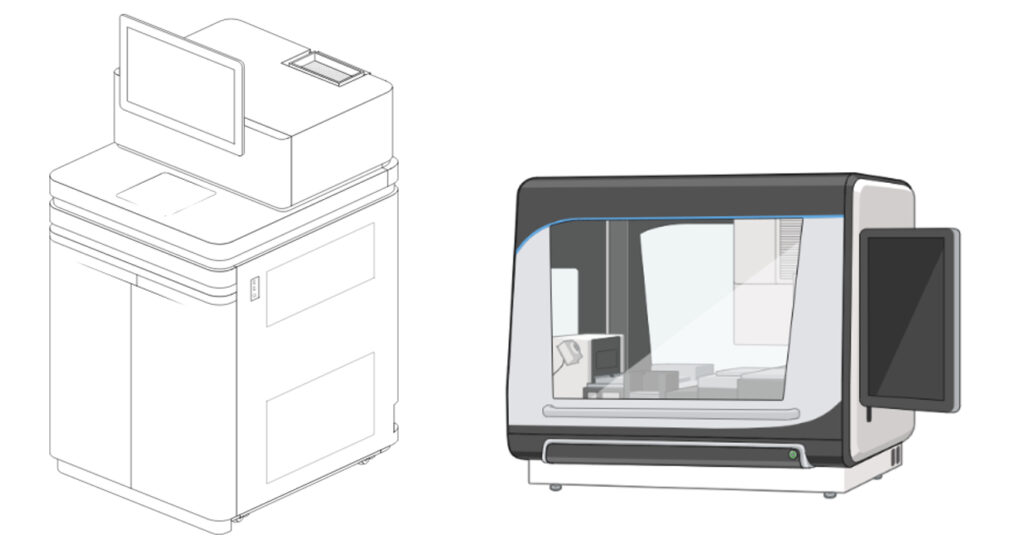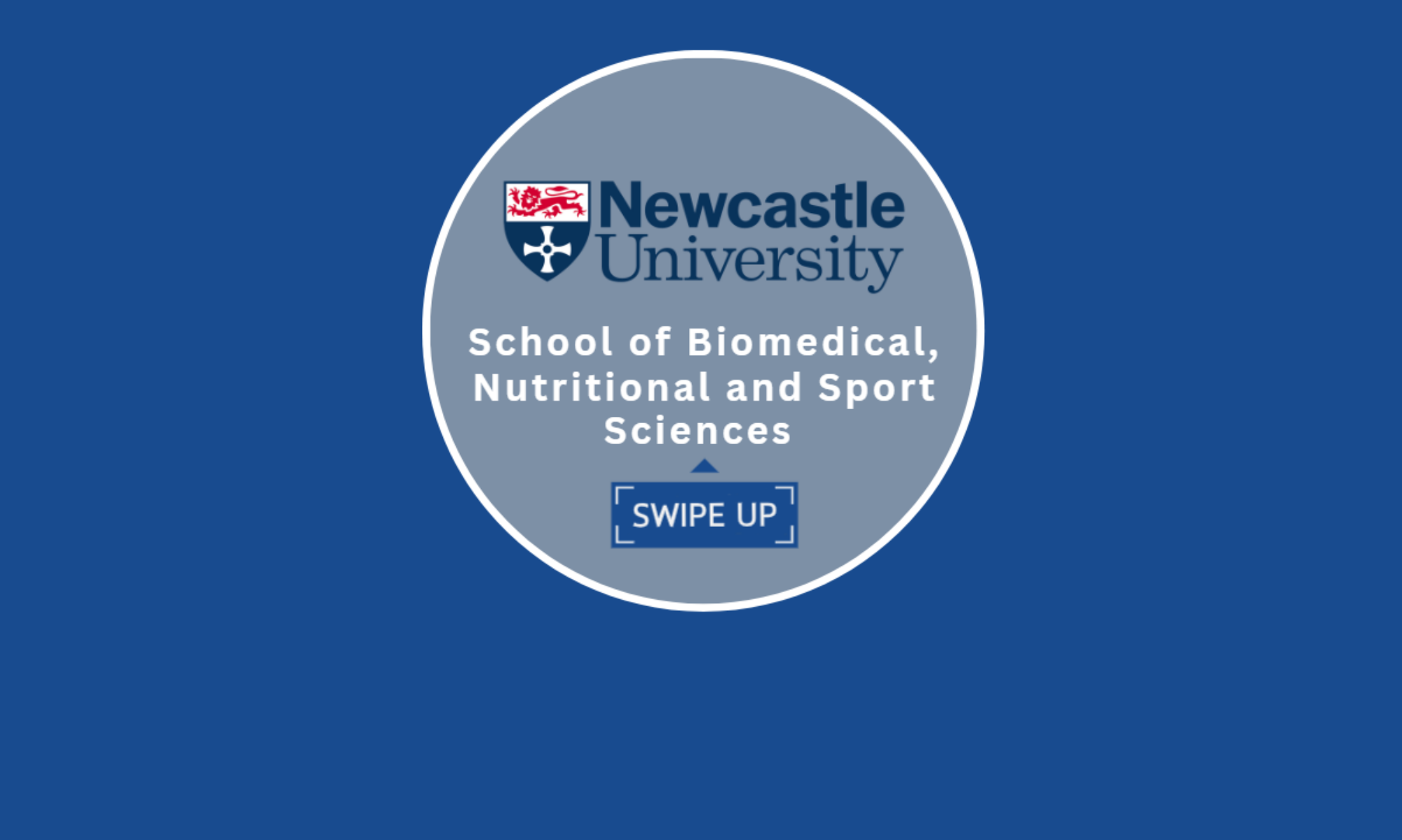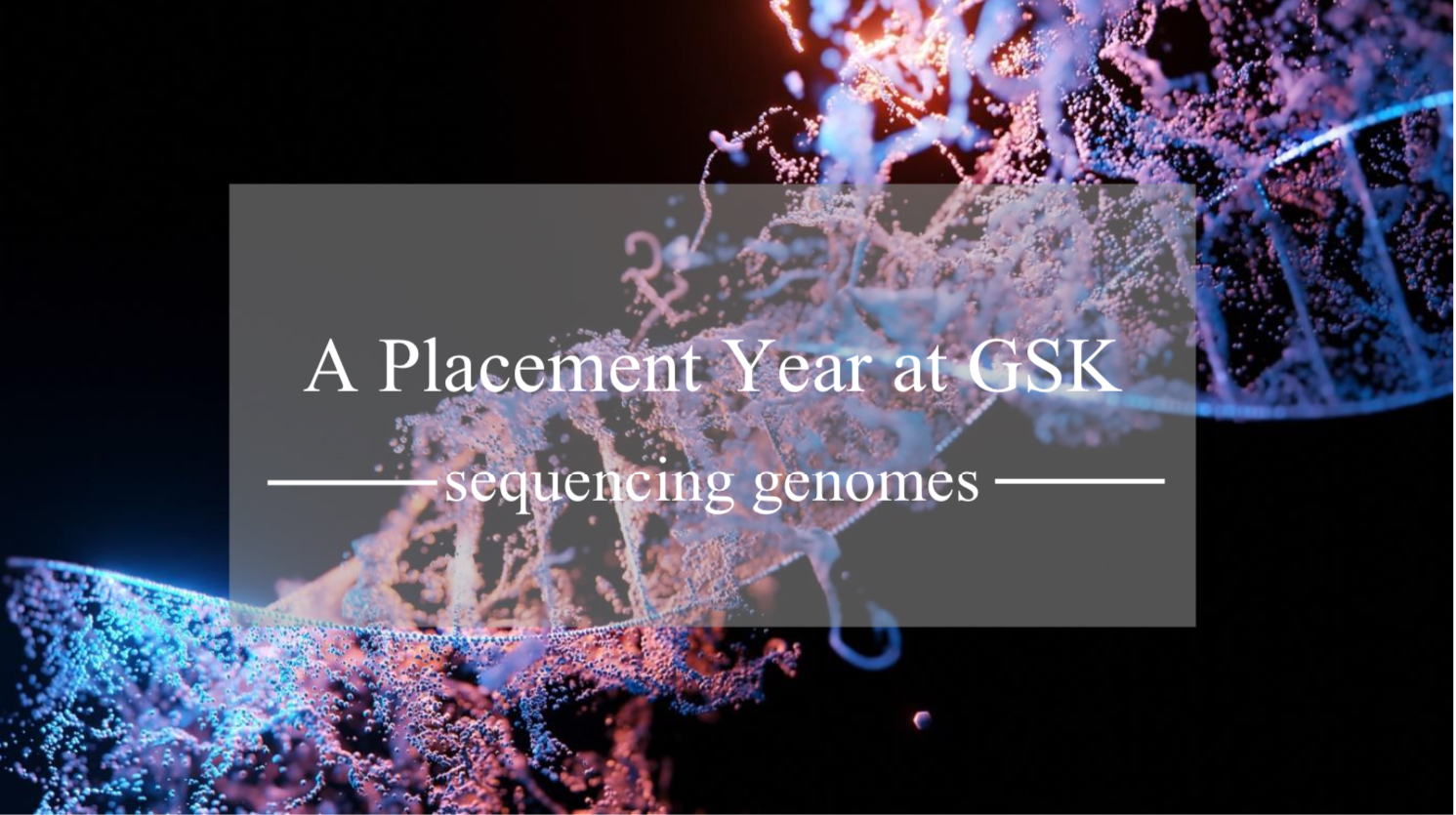By: Natalie Taylor – BSc Biomedical Sciences
Edited by: Laila Hussain
Second year of uni rolled around, and I realised I hardly had any lab experience (thanks COVID). This was a dilemma I attempted to remedy by applying for a placement year. I never considered I’d be accepted by such a prestigious company as GSK. Even less did I consider I would be working in a field as interesting as genetics. The application stress paid off! I was placed in the Discovery Genomics department working on single cell RNA sequencing. This basically means reading genes that are currently ‘switched on’ (expressed). Knowing this information is crucial for understanding disease, as we can quantify which genes were switched on/off in disease states compared to healthy states. With this information we can then get an idea of the genes function and thus, what therapeutic action to take.
My Application Journey – It’s ok not to know everything!
When I say I was almost 100% sure I failed my interview I was not joking. GSK’s interview stage was split into two sections. One half was situational questions such as “tell us a time you faced a challenge” etc. The other was technical questions. This was where I flopped. I didn’t know the answer to any of the questions! However, I discovered the point of these questions was not only to test your scientific knowledge, this can be taught, but to also see how you manage uncertainty and to test your resilience. It was a daunting experience, but thanks to the kind interviewers and some persistence I managed to give all the answers a go. This was what the interviewers were looking for!
Two days later I received a call from one of the interviewers offering me the placement!
My-day-to-day
As I mentioned above, I’m working on sequencing (or reading) the genes of individual cells. This means I’m in the lab a lot! I get to work on many different diseases and cell types, which all involve working with very small volumes. Attention to detail is paramount – something I’ve had to learn the hard way!

I also get to use lots of very cool – and very expensive – machines. The machine pictured below on the left is what sequences RNA and the one to the right is a robot that can do a big portion of the lab work involved with preparing the RNA for sequencing for you. It has some limitations though, so I mostly performed my experiments manually by hand.

After about three months of training, I started planning and carrying out my own experiments independently. I got the chance to sequence many different immune cells, including T cells and macrophages as part of active experiments in the search for potential cancer therapeutics. Apart from single cell RNA sequencing, I’ve also been fortunate to perform a CRISPR knock out experiment on B cells whilst using cutting-edge automation platforms such as the Dragonfly and Bravo.
On a typical day, my experiments take around 6 hours to reach a safe stopping point. Luckily, I’m able to get a few breaks in when my samples are incubating. During these breaks, I take full advantage of all of the green space at GSK Stevenage. It’s quite normal for employees to go on regular walks around the site – breaks are very encouraged which is nice!


Outside of lab work, I’ve also gotten involved with the wider community at GSK by being a part of a committee for students called IP Unite and an employee resource group called Women’s Leadership Initiative (WLI). My role in these groups varies, typically I will plan and host events aimed to foster new relationships and grow networks. One of the scariest events I held was a PhD information event with IP Unite that involved me speaking in front of 100 people in a lecture theatre – luckily I was only introducing speakers and closing the event – still, it was very outside of my comfort zone! In general, I find that the placement pushes me outside of my comfort zone, but that’s what yields the most growth so I know it’s super beneficial.
Overall, the placement has been the best experience, better than I expected! I have grown so much as a scientist and a person. I feel much more prepared for life after uni. For now though, I’m just ready to tackle final year!

